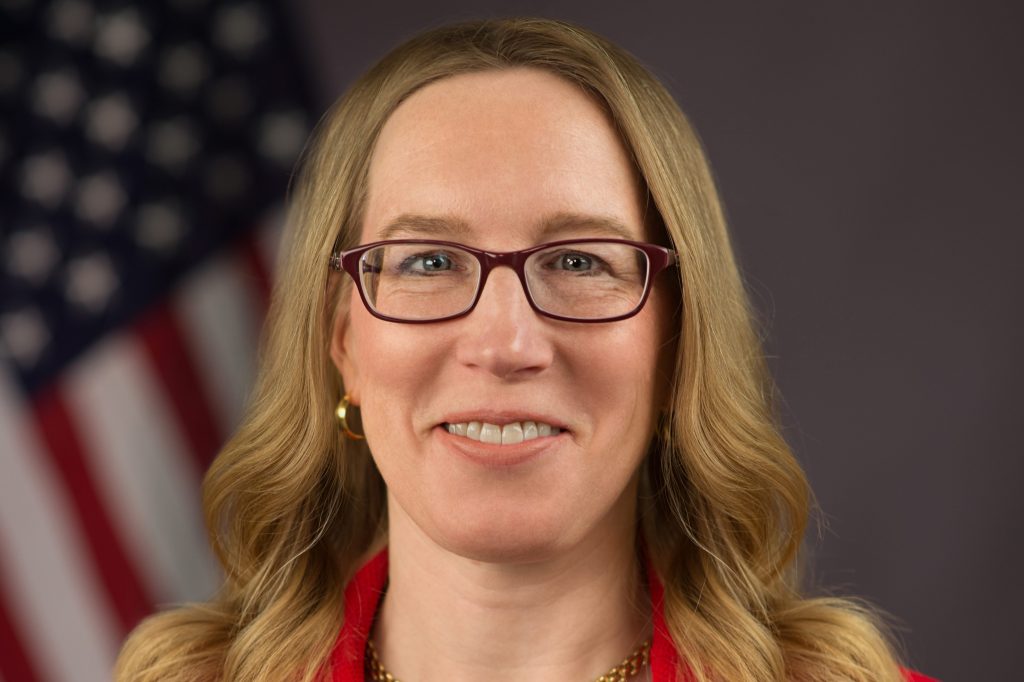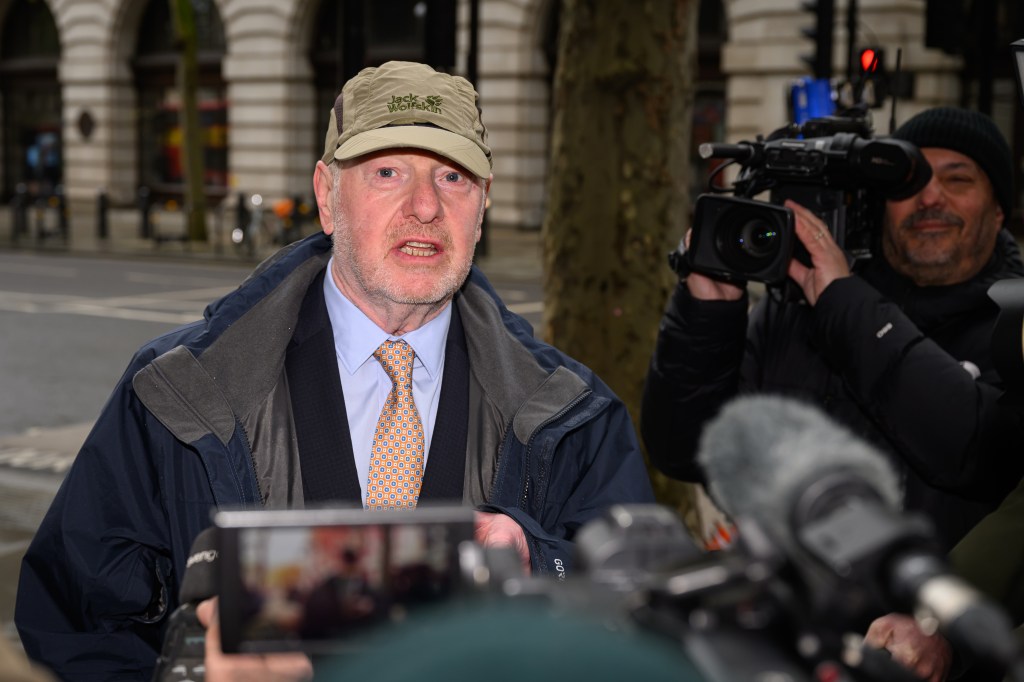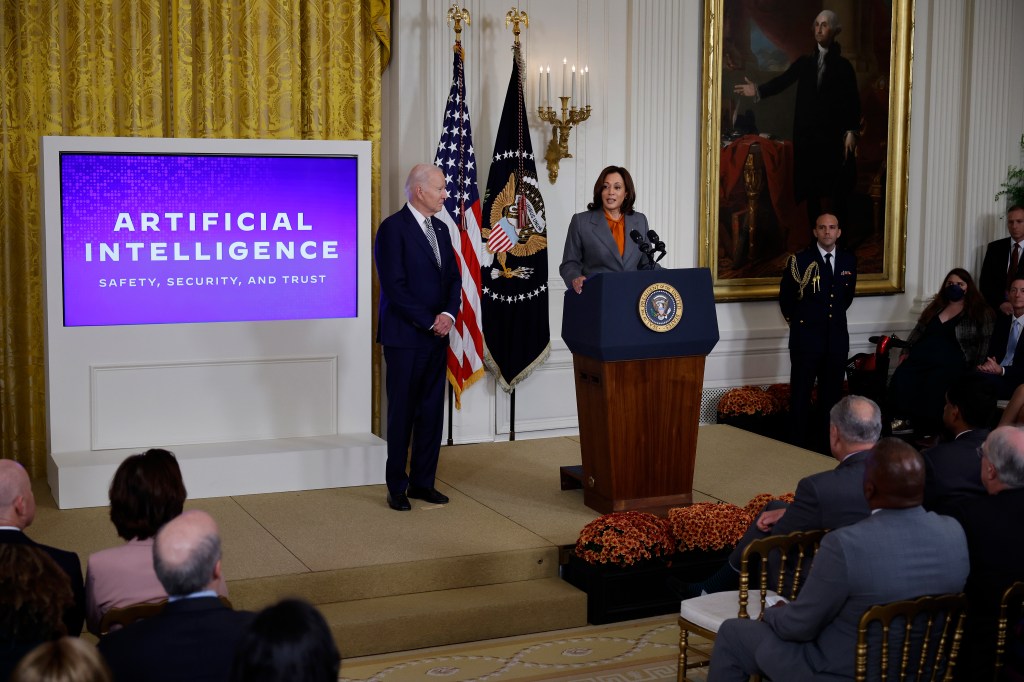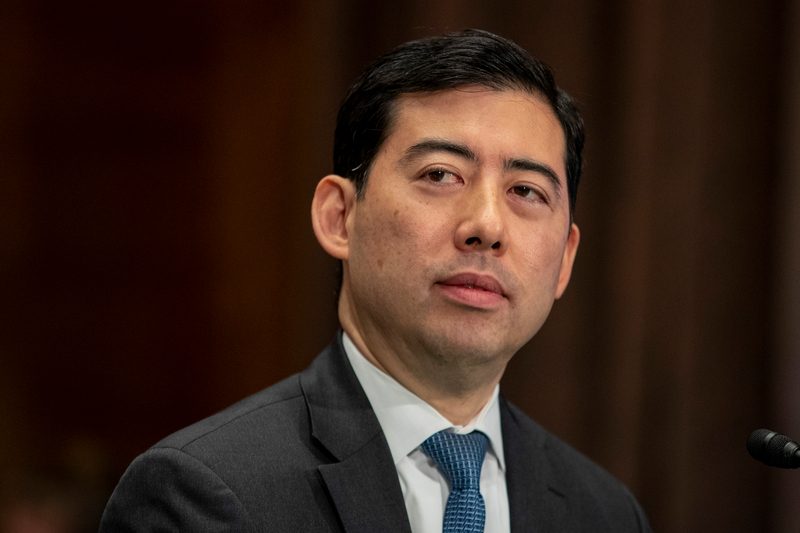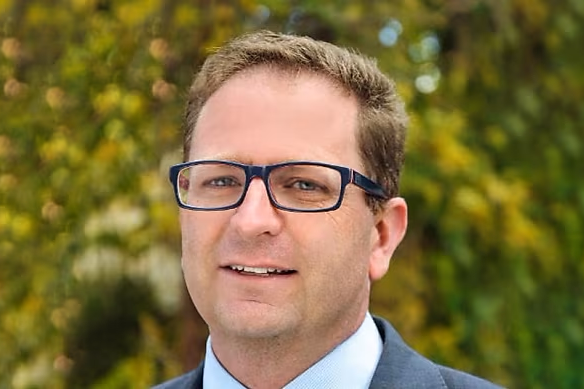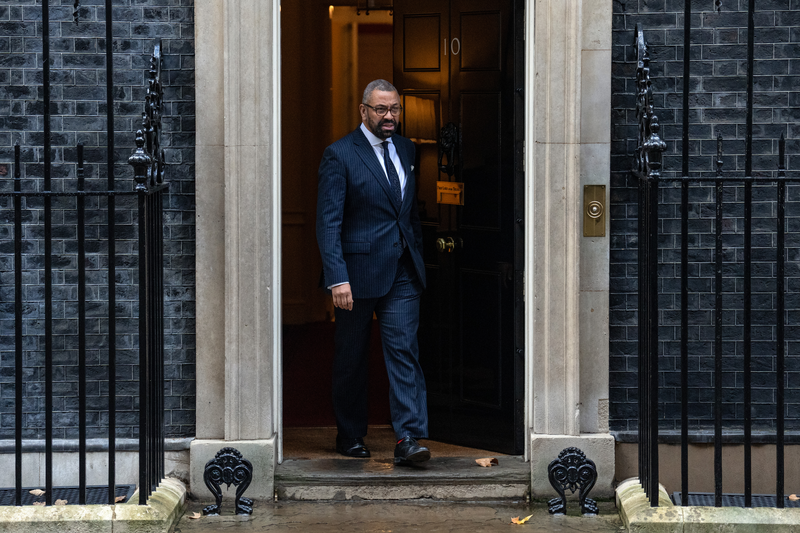Combatting the rising threat of fraud is the shared responsibility of governments, law enforcement, industry, regulators, and individuals – that was the message from the start of the inaugural Global Fraud Summit In London.
Ministers and representatives of Australia, Canada, France, Germany, Italy, Japan, New Zealand, the Republic of Korea, Singapore, the United Kingdom, and the United States convened in person in Lancaster House, London, to discuss the increasing threat of fraud against individuals and business and the challenges it poses.
The fight should be taken on at international level, with the sharing of intelligence by INTERPOL, Europol, and others.
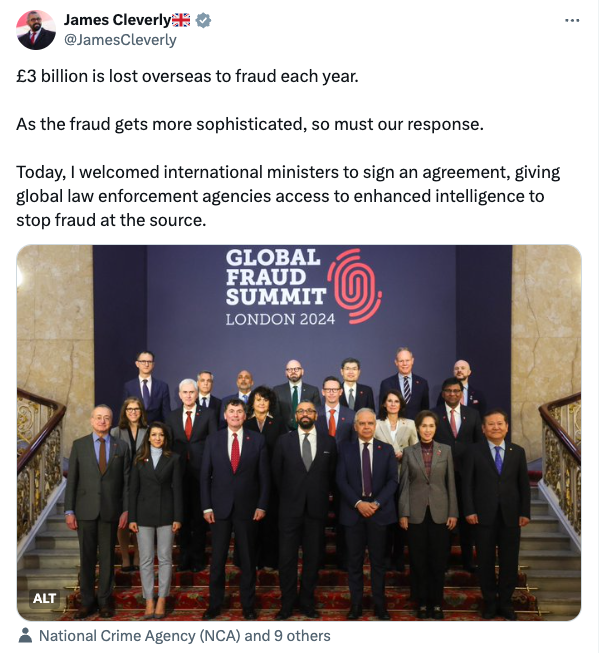
“This summit delivers on yet another pledge we made to the British people in our Fraud Strategy and is a clear sign of the UK’s status as a world leader,” Britain’s Home Secretary James Cleverly said. “We are discussing a crime type which, more often than not, transcends national boundaries.”
The strategy aims to reduce fraud by 10% on 2019 levels by December 2024.
Raising awareness
The government has welcomed amendments to the Financial Action Task Force’s standards on asset recovery, saying victims of fraud often feel significant shame and stigma.
As a result, only 13% of fraud cases are reported to the authorities, according to the National Crime Agency. Despite this, fraud cases decreased 13% to 3.24m in the year ending September 2023.
Four fifths of reported fraud are cyber-enabled according to the National Fraud Intelligence Bureau. The most common types of fraud in the UK are payment diversion fraud, investment fraud, romance fraud, courier fraud as well as cheque, plastic card and online bank account fraud.
Around 70% of all offences in the UK having ties to overseas criminals, with £3 billion lost to overseas accounts last year.
In February the National Campaign launched the Stop! Think Fraud campaign, saying fraud accounts for around 40% of all crime in England and Wales, with the estimated cost of fraud to society standing at £6.8 billion ($8.9 billion) in England and Wales.
“This new campaign is a powerful tool to add to our arsenal, which already includes a world-first agreement from tech firms to prevent online fraud and the rollout of a National Fraud Squad that has 400 expert investigators,” Cleverly said.
The Institute of Chartered Accountants in England and Wales (ICAEW) has highlighted the disparate number of bodies tasked with curbing economic crime. As of 2022, there were around 20 different bodies including separate police forces responsible for tackling fraud.
The Treasury Select Committee said at the time that economic crime did not seem “to be a priority for law enforcement”, calling the number of agencies responsible for fighting economic crime and fraud “bewildering”.

